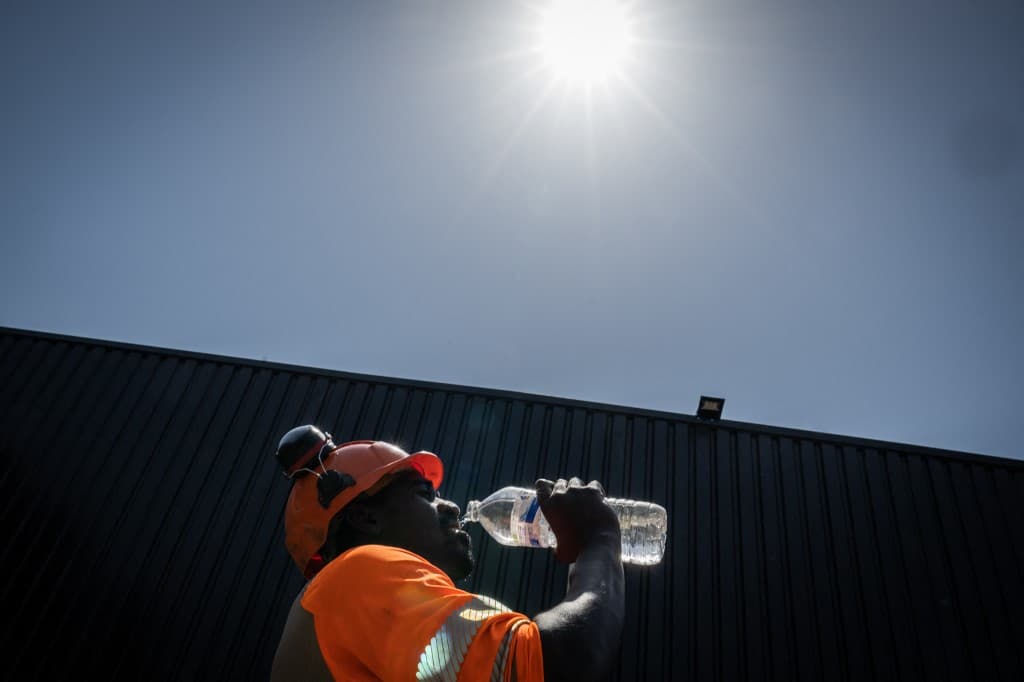Large parts of France remain on orange alert for high temperatures, but on Tuesday four départements will be placed under the rarely-used red alert, the highest alert level on Météo France's system.
They are; Drôme, Rhône, Ardèche and Haute-Loire, and the alert covers Tuesday, August 22nd.
⚠️🌡
— Météo-France (@meteofrance) August 21, 2023
🔴 #Vigilancerouge #canicule :
4 départements : #Drôme (26), #Ardèche (07), #Rhône (69) et #HauteLoire (43)
🟠 #Vigilanceorange #canicule :
3 départements supplémentaires : la #Vienne (86), les #DeuxSèvres (79) et la #Vendée (85).
👉https://t.co/bbNAHFUEZc pic.twitter.com/k581Ky7ru3
The red alert means "absolute vigilance" is required because "dangerous" weather phenomenon with "exceptional intensity" are forecast.
It can be used for all types of weather events, most commonly for storms or flooding.
It is rare that a red alert is issued for heat - the first ever red heat alert was issued in 2019 during the exceptional heatwave that saw temperature records shatter across France, and since then has only be issued a handful of times.
Météo France says that a red alert for heat means that "all of us are threatened, even healthy people".
It adds: "The danger is greater for seniors, people with chronic illness or mental health issues, people who take regular medication and people who are isolated."
Those who work outside are told to take care and watch out for the signs of heat stroke, which include: fever over 40C, hot, red and dry skin, headaches, nausea, drowsiness, intense thirst, confusion and convulsions.
Parents are advised to closely observe their children.
Météo France also issues the following advice.
- In case of discomfort or behavioural problems, call a doctor.
- If you need help call your local town hall.
- If you have elderly, chronically ill or isolated people in your life, check in with them or visit them twice a day. Accompany them to a cool place.
- During the day close shutters, curtains and windows. Ventilate at night.
- Use fan and/or air conditioning if available. Otherwise try to go to a cool or air-conditioned place (such as a supermarket or cinema) for two to three hours a day.
- Wet your body several times a day with a mist, a washcloth or by taking showers or baths.
- Adults and children: drink plenty of water, the elderly: drink 1.5L of water per day and eat normally.
- Do not go out during the hottest hours (11am-9pm).
- If you have to go out wear a hat and light clothing.
- Limit your physical activities.
The declaration of a red alert also gives local authorities the power to cancel events if they judge the risk is too great. Even if they decide not to, sometimes event organisers will cancel if a red alert is declared.
If you have plans to attend a concert, festival or other large event - check beforehand that it is still going ahead as planned.

Join the conversation in our comments section below. Share your own views and experience and if you have a question or suggestion for our journalists then email us at [email protected].
Please keep comments civil, constructive and on topic – and make sure to read our terms of use before getting involved.
Please log in here to leave a comment.